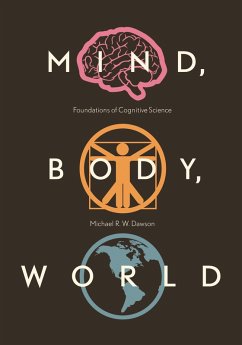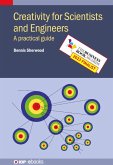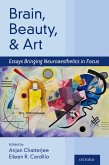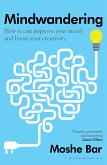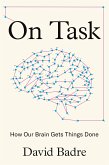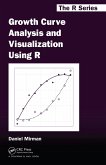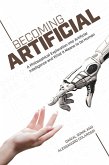Examples, cases, and research findings taken from the wide range of phenomena studied by cognitive scientists effectively explain and explore the relationship among the three perspectives. Intended to introduce both graduate and senior undergraduate students to the foundations of cognitive science, Mind, Body, World addresses a number of questions currently being asked by those practicing in the field: What are the core assumptions of the three different schools? What are the relationships between these different sets of core assumptions? Is there only one cognitive science, or are there many different cognitive sciences? Giving the schools equal treatment and displaying a broad and deep understanding of the field, Dawson highlights the fundamental tensions and lines of fragmentation that exist among the schools and provides a refreshing and unifying framework for students of cognitive science.
Dieser Download kann aus rechtlichen Gründen nur mit Rechnungsadresse in A, B, BG, CY, CZ, D, DK, EW, E, FIN, F, GR, HR, H, IRL, I, LT, L, LR, M, NL, PL, P, R, S, SLO, SK ausgeliefert werden.

